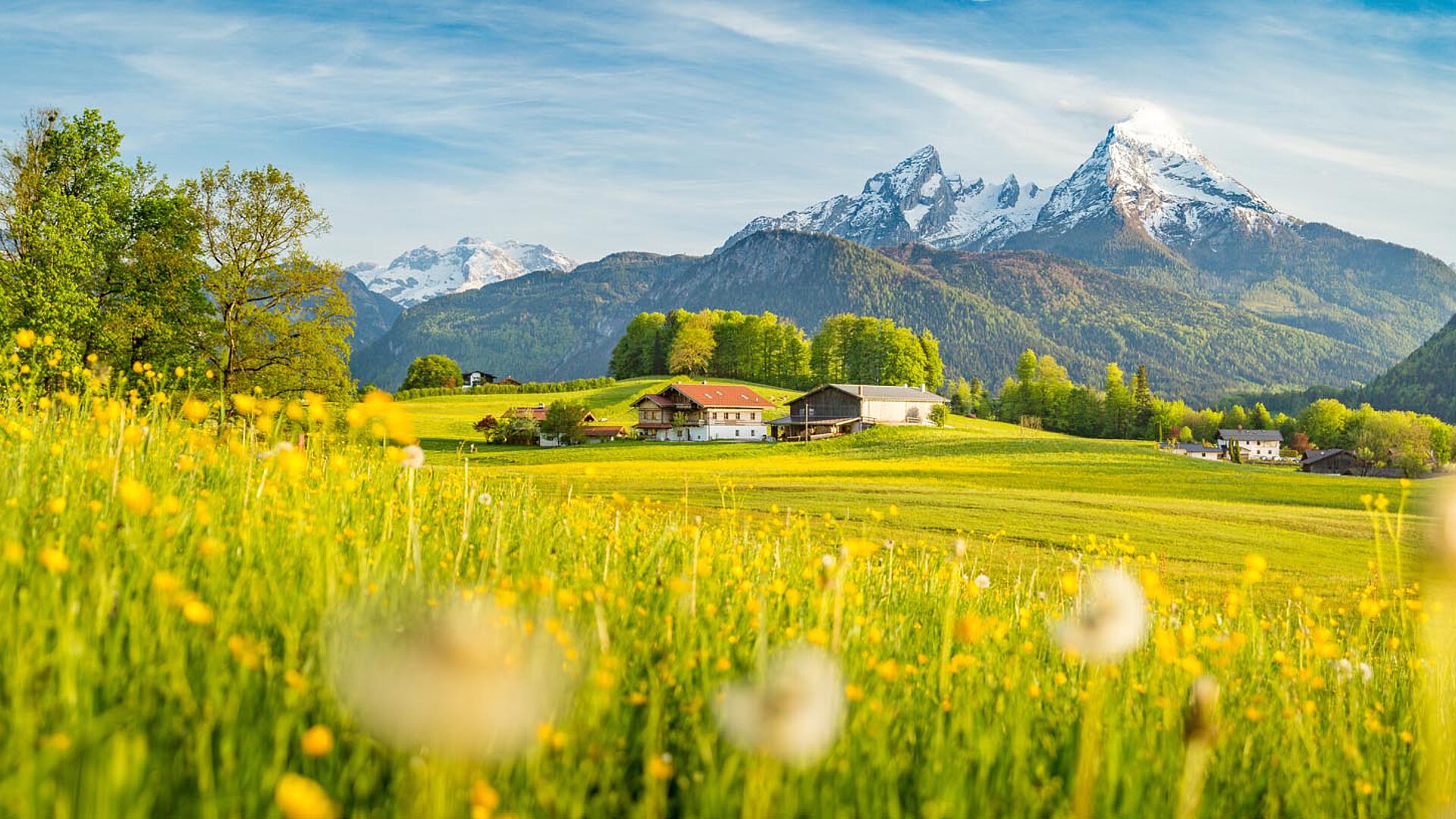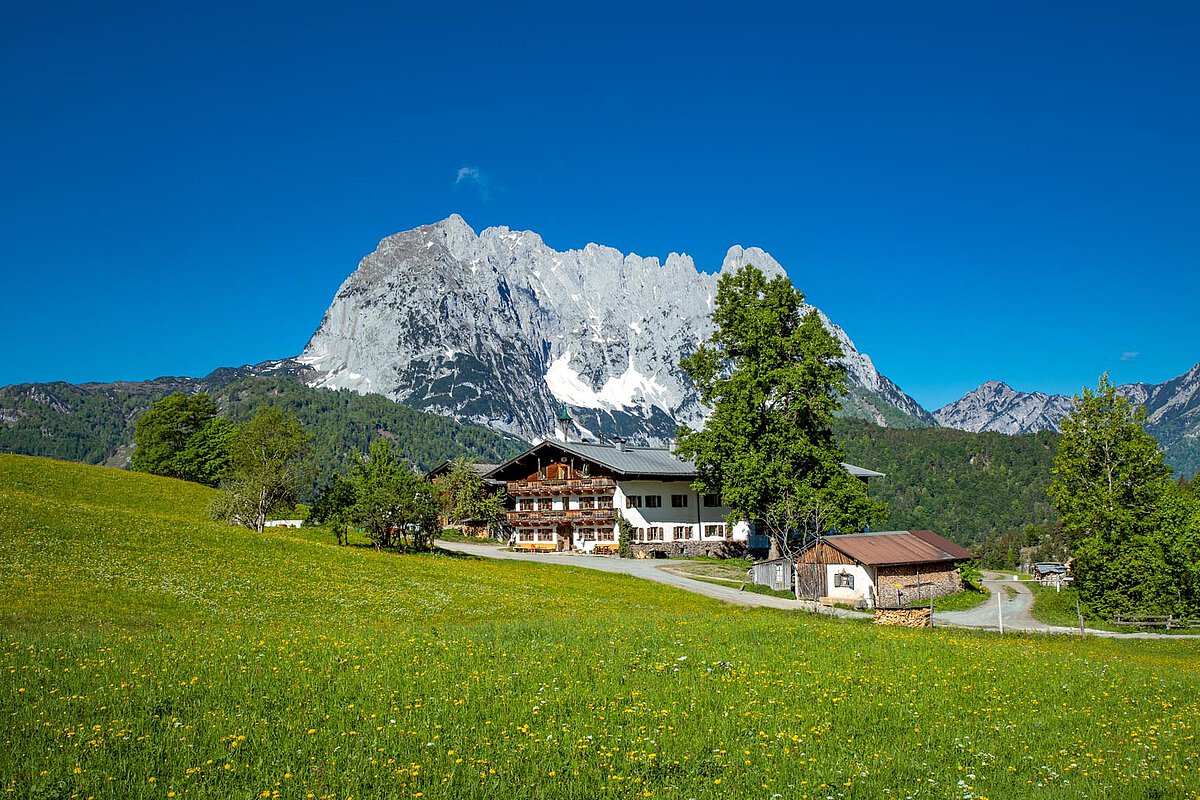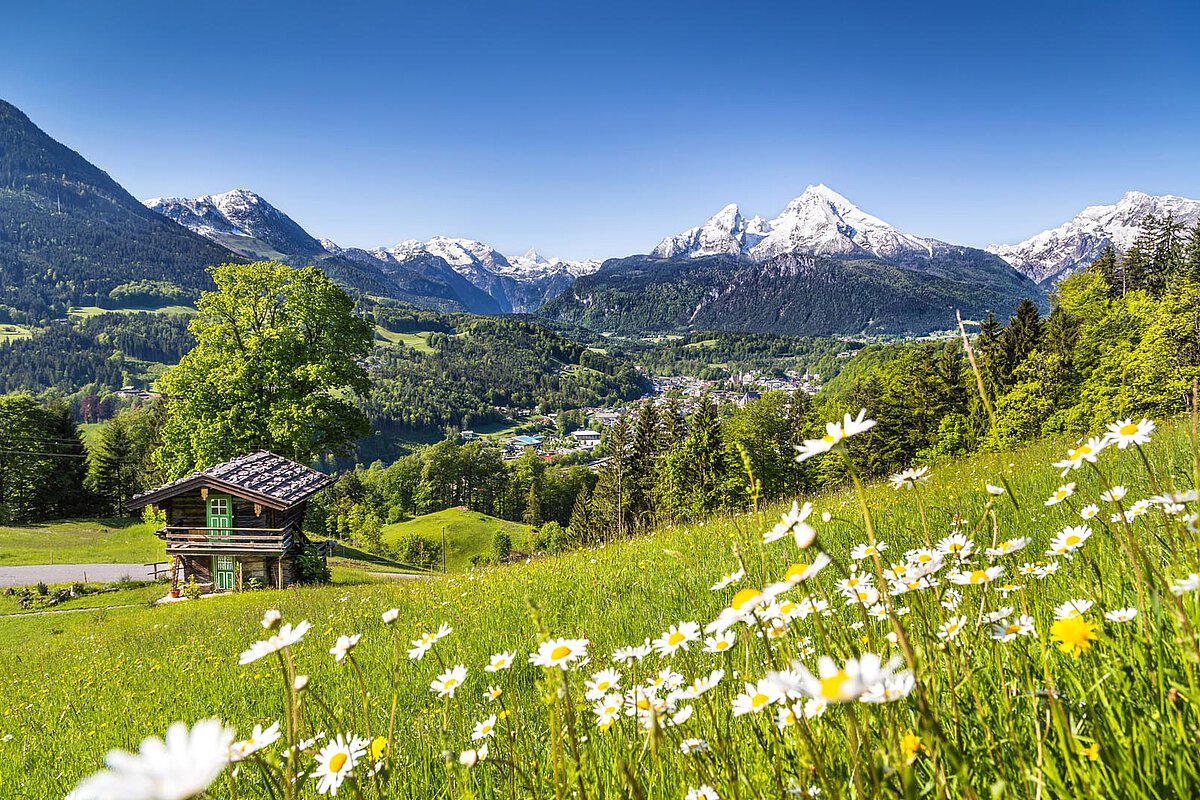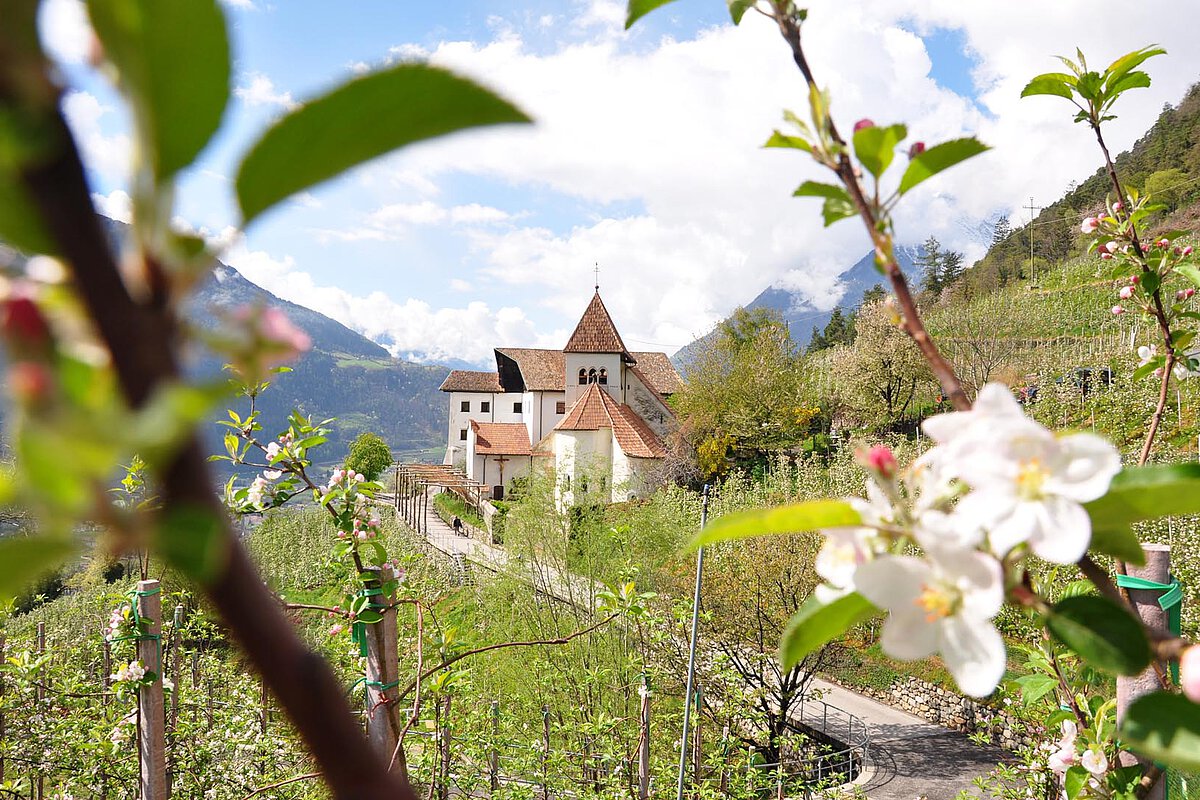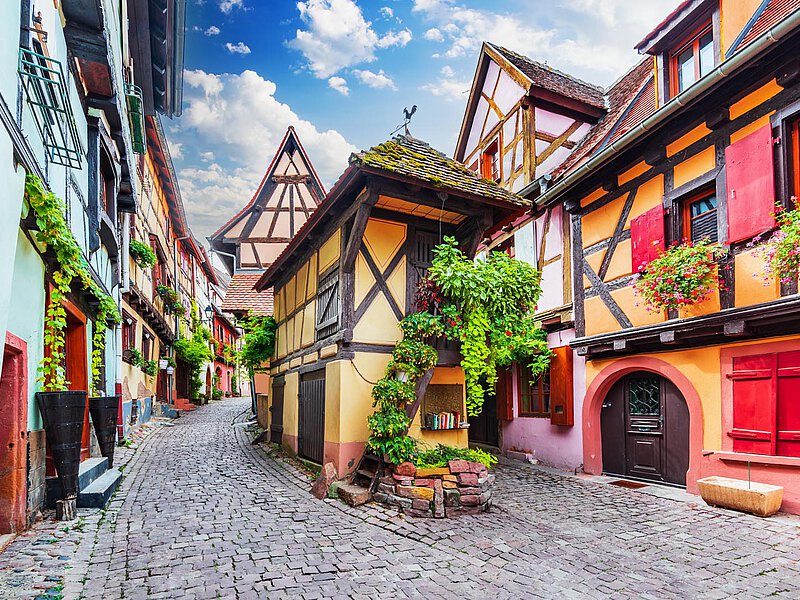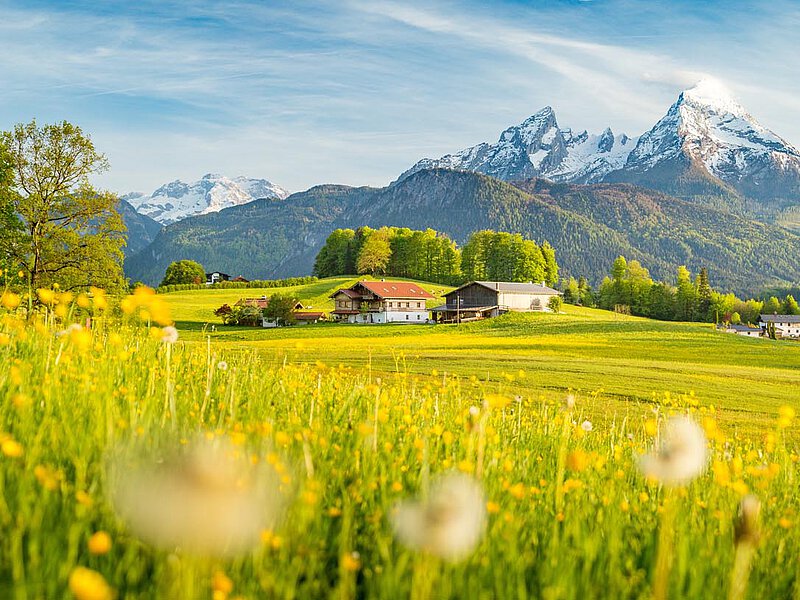Alpine farm stays: Tyrol, Berchtesgadener Land, and South Tyrol
Where time-honored traditions meet Alpine majesty, three remarkable regions await your discovery. Each offers a unique window into mountain life, where farming isn't just an occupation—it's a way of life. Let's talk about local greetings, traditional dairy farms, and experience the Alps like a local with this guide to Tyrol, Berchtesgadener Land, and South Tyrol.
Tyrol: nature's grand theater
Here, mountain farms still operate as they did centuries ago, where the rhythm of life flows with the seasons.
Did you know that local farmers still practice the ancient "three-step agriculture," moving their herds between three different altitudes throughout the year?
Hidden experiences:
- Dawn milking rituals at 1,800m (start at 4:30 AM, worth every minute)
- Grandmother's butter-making secrets in centuries-old farmhouses
- Wild herb gathering with traditional medicine keepers
Berchtesgadener land: Bavaria's paradise
Traditional dairy farms dot the landscape like precious gems, each preserving age-old methods of cheese-making and animal husbandry that have earned international recognition.
Signature agricultural elements:
- "Almwirtschaft" (Alpine pasture farming): A sustainable grazing system that has maintained the region's biodiversity for centuries
- Protected designation of origin (PDO) dairy production, including the famous Berchtesgadener Alpenkäse
- Herb cultivation at high altitudes, where unique soil compositions and climate create distinct flavor profiles
South Tyrol: alpine cultures converge
In this unique corner of the Alps, three cultures converge to create something extraordinary. From vineyard-covered slopes to high-altitude meadows, every farm tells a story of cultural fusion.
Distinctive agricultural heritage:
- The world's largest organic apple-growing region, using traditional methods alongside modern sustainable practices
- Some of Europe's highest vineyards (up to 1,000 meters) producing distinctive mountain wines
- “Maso chiuso”: A unique farm inheritance tradition that has preserved family farms for centuries
According to Decanter, South Tyrol region enjoys about 300 days of sunshine per year, creating ideal conditions for grape growing.
Source: decanter.com
Learn local greetings!
Want to win hearts at your farm stay? Nothing breaks the ice like a well-timed local greeting! Here's your cheat sheet to sound like a mountain native (well, almost). Remember: it's not about perfect pronunciation – your hosts will love that you're trying.
Time to write your farm story
Don't let this authentic Alpine experience remain just another travel dream. Real farms, real families, and real traditions are waiting for you. Your perfect mountain stay is just a season away. Whether you dream of making cheese in a mountain hut, harvesting herbs with local farmers, or simply waking up to the sound of cowbells in the crisp mountain air – your Alpine story is waiting to begin.
More inspirations
Why the French Countryside Is the Heart of Real France
France is often sold as a postcard: Eiffel Tower, fine art, grand boulevards. But behind the clichés lies something deeper – a France that smells of…
Romantic Weekend in Sardinia: Wild, Slow, Undisturbed
When you picture a romantic escape, you might think of roses or rooftop suites. But in Sardinia, romance is different: it smells like wild myrtle,…
Authentic alpine farm stays: Tyrol, Berchtesgadener Land, and South Tyrol
Where time-honored traditions meet Alpine majesty, three remarkable regions await your discovery. Each offers a unique window into mountain life,…
Share this article
FAQs
The ideal time to visit Alpine farms varies by region and activity.
- Summer (June-September) offers the full traditional farming experience, including high-altitude grazing and herb gathering.
- South Tyrol, with 300 days of sunshine, is excellent year-round. For authentic dairy experiences in Tyrol, plan early morning visits (starting 4:30 AM) for dawn milking rituals.
- Autumn (September-October) is perfect for wine harvest in South Tyrol's high-altitude vineyards, while spring (April-May) showcases apple blossoms and traditional herb cultivation in Berchtesgadener Land.
Each region has distinctive agricultural traditions.
- Tyrol practices "three-step agriculture," moving livestock between different altitudes throughout the year.
- Berchtesgadener Land is known for "Almwirtschaft" (Alpine pasture farming), focusing on PDO dairy production and high-altitude herb cultivation.
- South Tyrol combines three cultural influences (German, Italian, and Ladin) and features the unique "Maso chiuso" farm inheritance system, Europe's highest vineyards (up to 1,000m), and the world's largest organic apple-growing region.
Essential greetings vary by region.
- In Tyrol, use "Griaß di" for hello and "Pfiat di" for goodbye.
- In Berchtesgadener Land, "Servus" works for both hello and goodbye, while "Grüß Gott" is a respectful formal greeting.
- South Tyrol's trilingual nature means you can use "Guten Tag" (German), "Buongiorno" (Italian), or "Bun dé" (Ladin) for hello.
Using local greetings shows respect for cultural traditions and enhances your farm stay experience.
Each region offers distinctive hands-on experiences.
- In Tyrol, you can join dawn milking rituals at 1,800m altitude, learn traditional butter-making, and participate in wild herb gathering.
- Berchtesgadener Land offers opportunities to experience PDO cheese-making and high-altitude herb cultivation.
- In South Tyrol, you can participate in organic apple farming, mountain wine production, and traditional Alpine farming practices that blend three cultural traditions.
These Alpine regions maintain highly sustainable farming practices.
- Berchtesgadener Land's "Almwirtschaft" system has preserved biodiversity for centuries.
- Tyrol's three-step agriculture method ensures sustainable land use through seasonal rotation.
- South Tyrol leads in organic farming, particularly in apple production, combining traditional methods with modern sustainable practices.
All three regions prioritize environmental preservation while maintaining centuries-old agricultural traditions.

